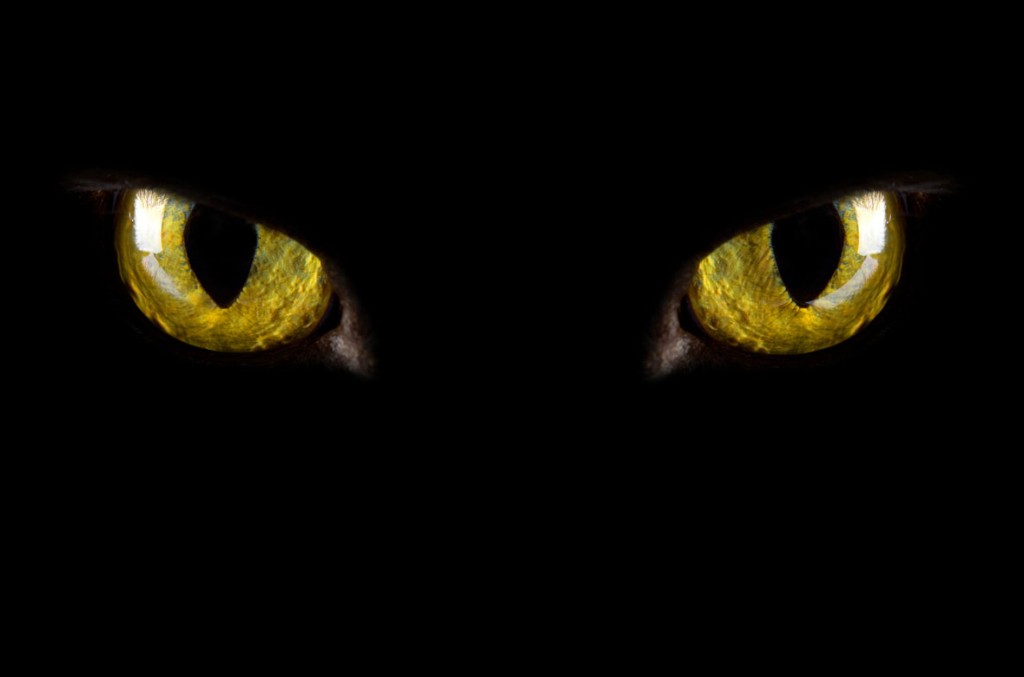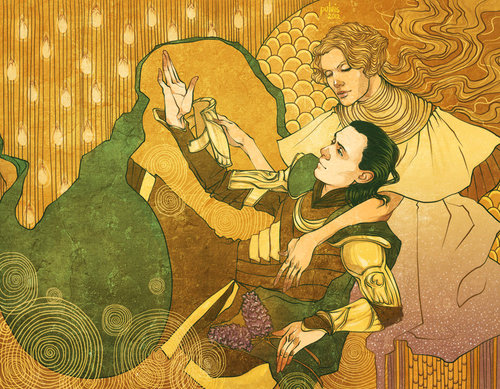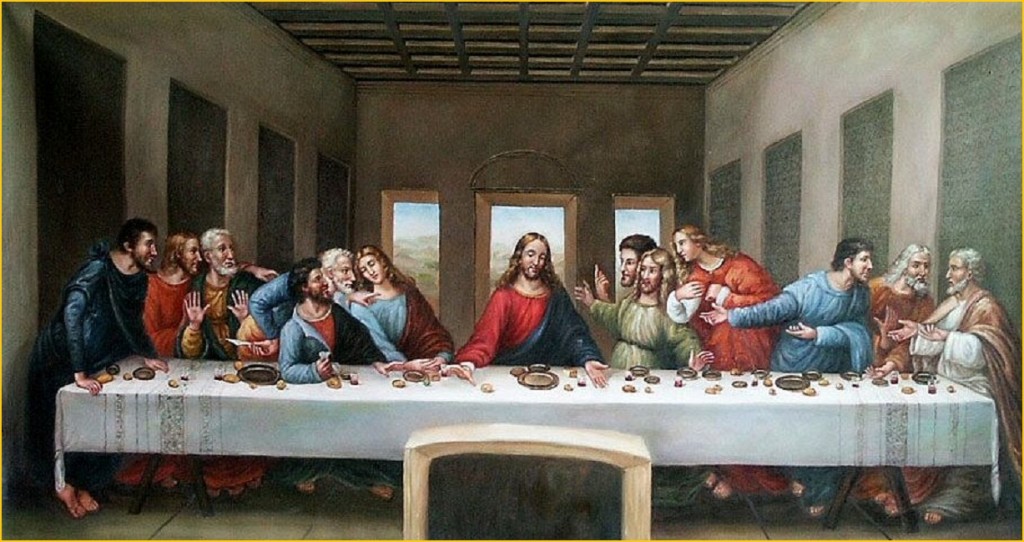 This week, there is a Friday, the 13th, a day that is popularly considered synonymous with bad luck. But where did this superstition begin?
This week, there is a Friday, the 13th, a day that is popularly considered synonymous with bad luck. But where did this superstition begin?
In numerology, the number 12 is considered to be complete, with, for example, the 12 months in the year, the 12 tribes of Israel, the 12 apostles of Jesus or the 12 constellations of the Zodiac. 13 is considered an irregular number, a sign of misfortune. Friday was the day Jesus was crucified and is also considered an unlucky day. In Tarot, card number 13 represents Death.
Adding the unlucky day of the week (Friday) with the unlucky number (13) is, by tradition, the unluckiest of all days.
And there are even phobias around the number 13. So, triskaidecaphobia is an unusual and irrational fear of the number 13. The specific fear of Friday the 13th is called parascavedecatriaphobia or frigatriskaidecaphobia.
But despite the superstition that attributes bad luck to the number 13 predates Christianity, the truth is that, in some ancient cultures, it may have been considered a lucky number or even sacred.
For the Egyptians, life was composed of 12 different stages for the human being to reach the 13th, which was eternal life. In this way, the number 13 was assimilated with death, but not with a negative connotation, rather as a glorious transformation.
This connection with death remained and was distorted by other cultures that harbored the fear of death and did not see it as something present in the destiny of any life.

Some historians blame Christians' distrust of Fridays in general opposition to pagan religions. Friday was named in English (Friday) in honor of Frigga, the Norse goddess of love and sex.
This strong female figure, according to historians, posed a threat to Christianity, which was dominated by men.
To counter her influence, the Christian church characterized her as a witch, defaming the day that honored her. This characterization may also have played a role in the fear of the number 13. Frigga was said to have joined a convention of witches, usually a group of 12, totaling 13. A similar Christian tradition considers 13 cursed as meaning the meeting of 12 witches and the devil.
The ancient calendar represented the lunar calendar, having 13 months of 28 days. But this number was completely disowned by the priests of the early patriarchal religions for representing the feminine in prehistoric cultures, as it reflected the menstrual cycle of women. It was then changed by Pope Gregory XIII to 12 months, preventing the continued worship of women as sacred.
Evidence that primitive cultures revered 13 can be seen in various archaeological remains, such as the Venus de Laussel, a 27-year-old figurine found in France, which carries in its hands a horn in the shape of a lunar crescent. with 13 chamfers.
There are stories remembered in Norse mythology. In one of them, it is said that there was a banquet and 12 gods were invited. Loki, spirit of evil and discord, appeared uncalled for and caused a fight that ended with the death of Balder, the favorite of the gods.

One of the first unlucky Friday 13 on record is October 13, 1307, in fact Friday, when the Order of the Templars was declared illegal by King Philip IV of France. Members of that order were arrested simultaneously across the country, some of them tortured and later executed on charges of heresy.
At Holy Communion, thirteen people sat at the table, two of whom, Jesus and Judas Iscariot, would later die of tragic deaths: Jesus executed on the cross, Judas committing suicide, with remorse. Interestingly, the number 13 used to be considered a link to God, hence the number of members present at Holy Communion.
Even today, there are those who believe that inviting 13 people to a dinner is a disgrace...but this is perhaps simply due to the fact that the table sets are generally made up of 12 glasses, 12 cutlery and 12 plates...
The 13th of November, regardless of the day of the week, is usually marked in Portugal, as it was on this date that, in 1460, in Sagres, Infante D. Henrique died, the man who truly gave new worlds to world.


















Comments